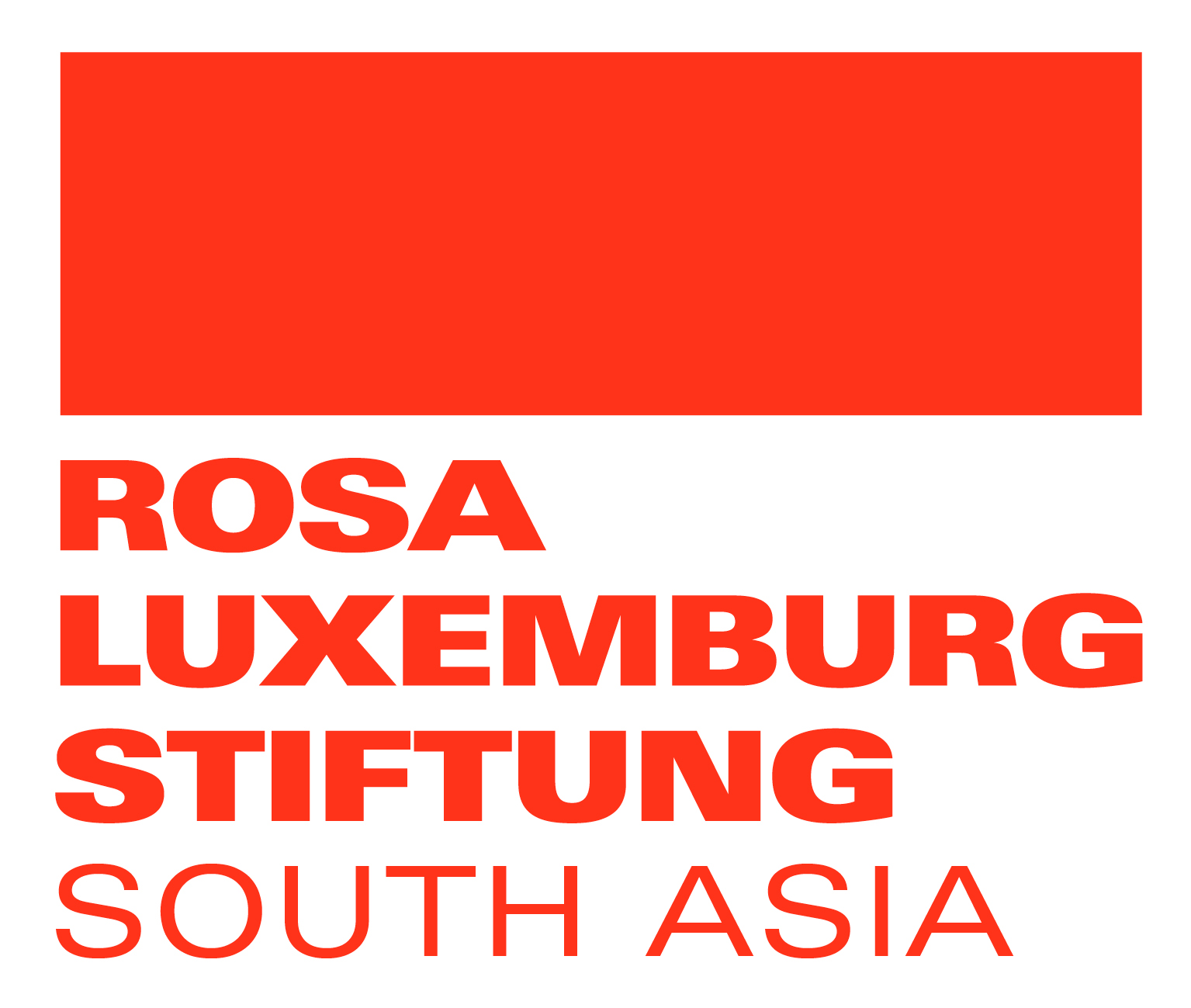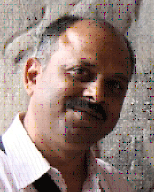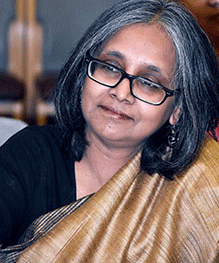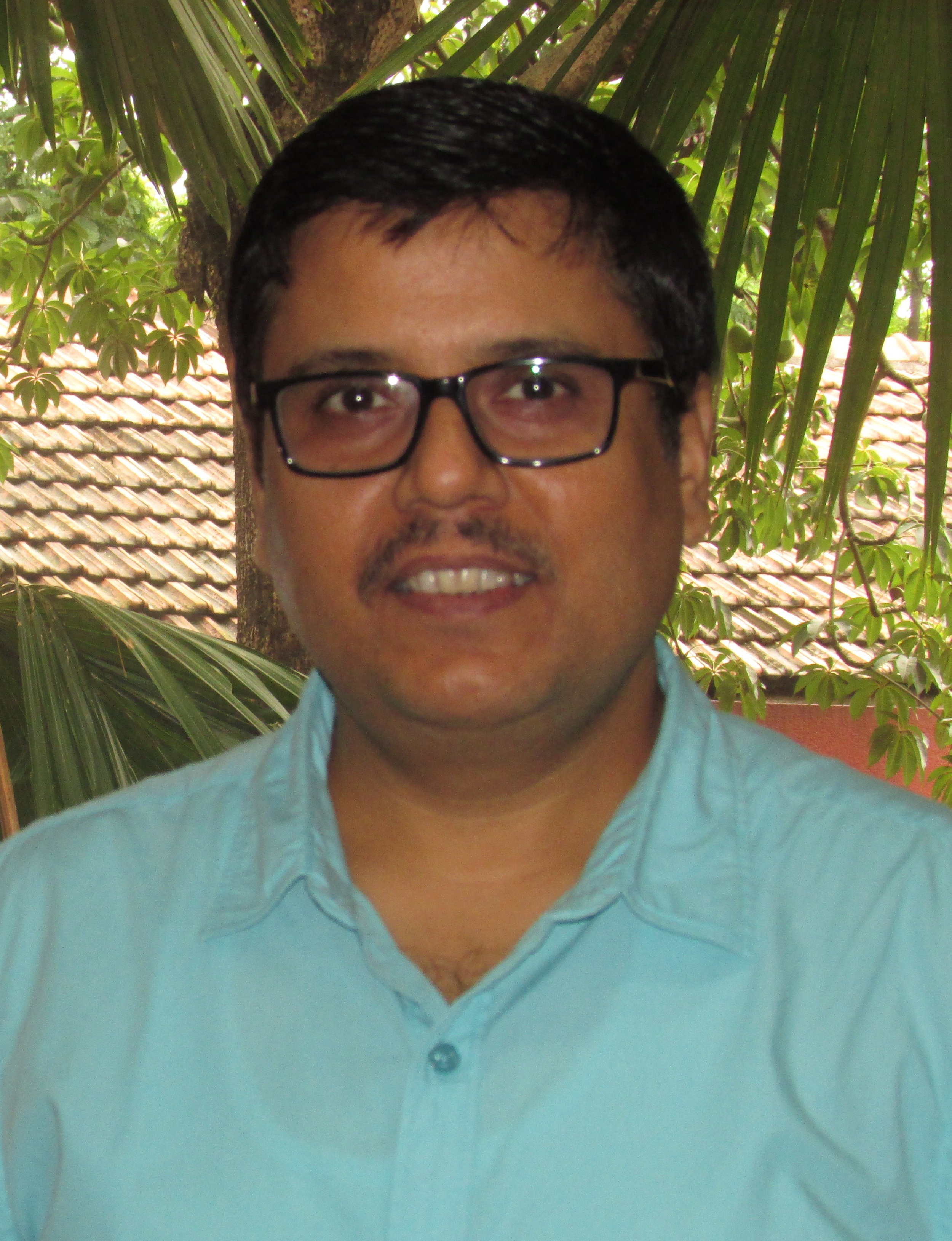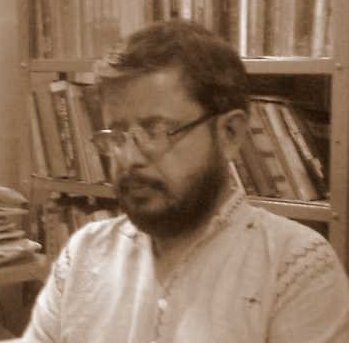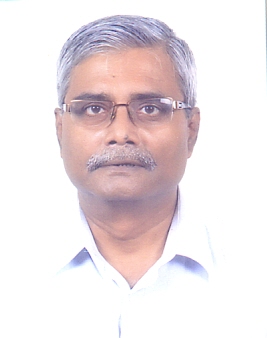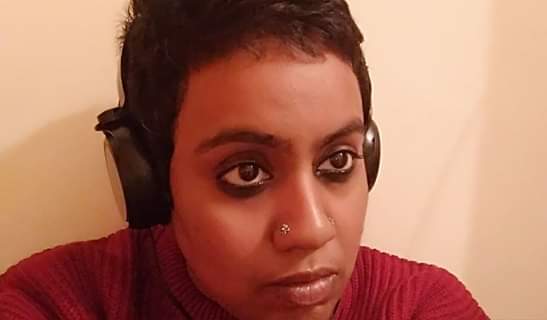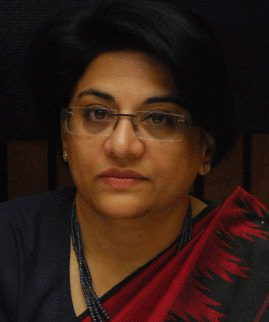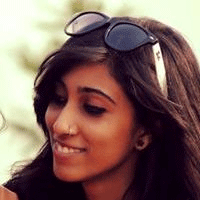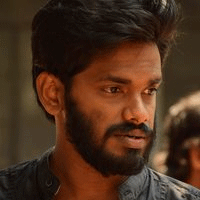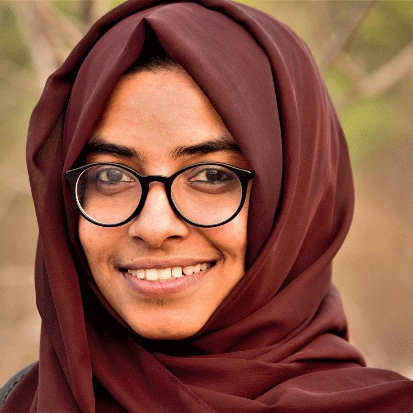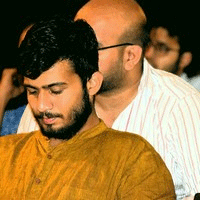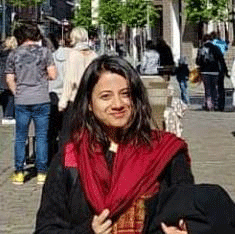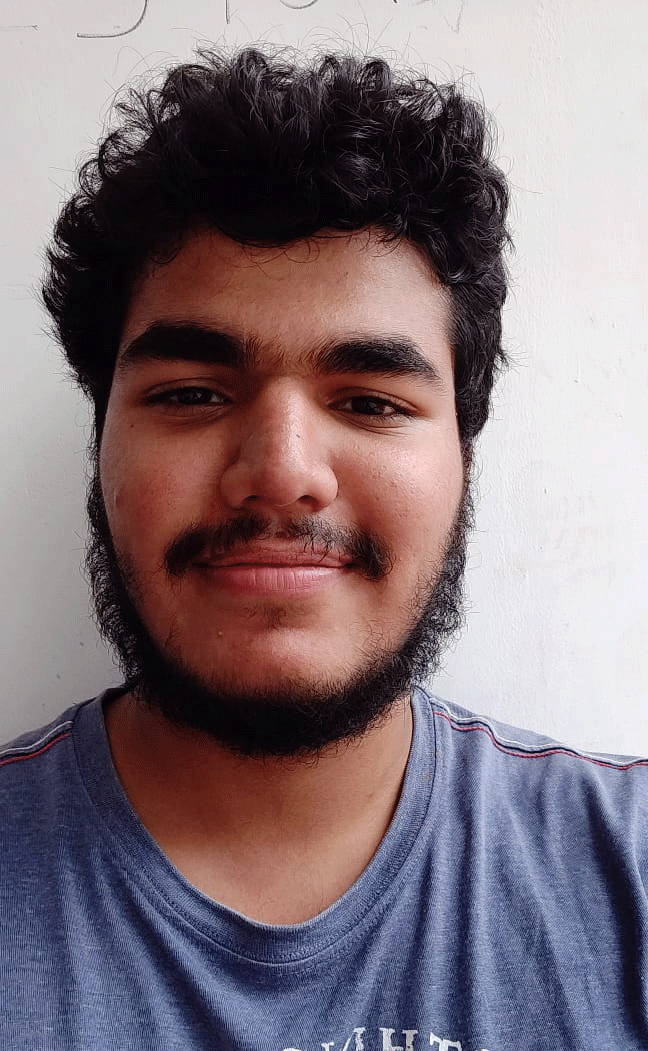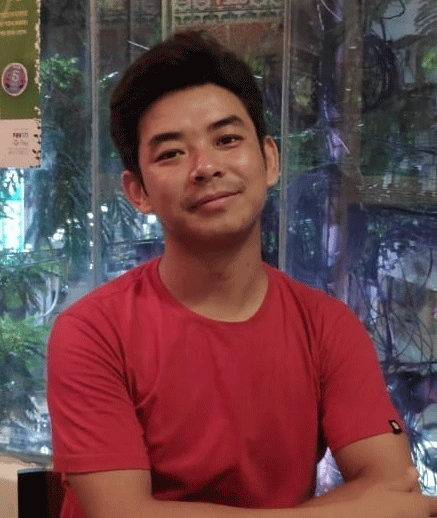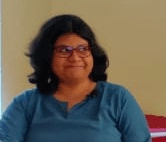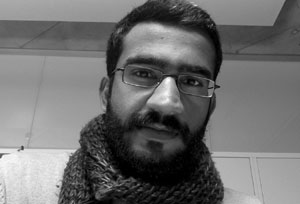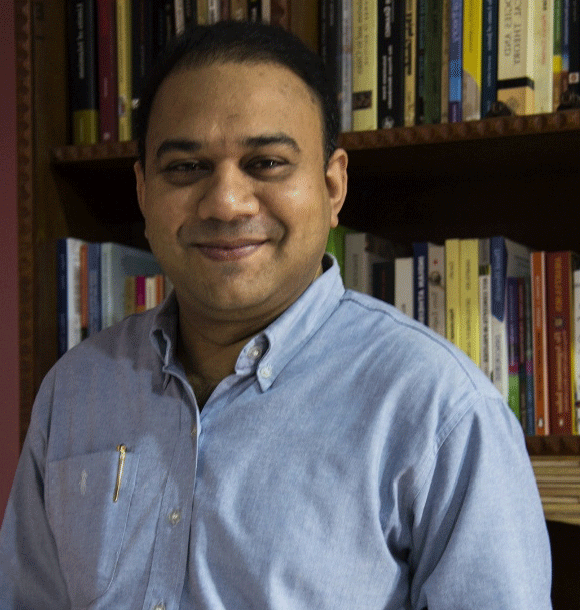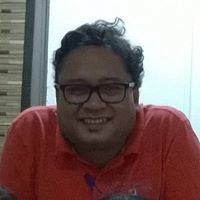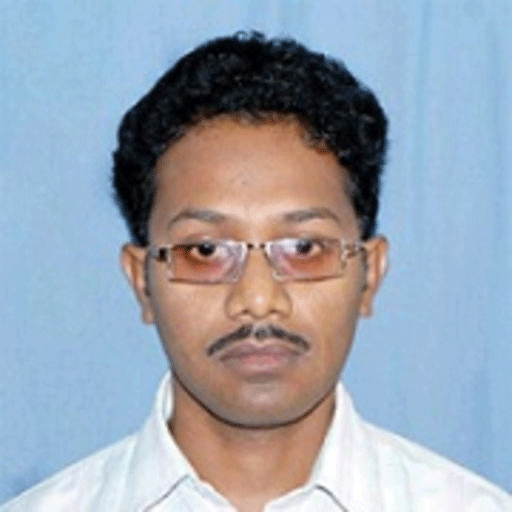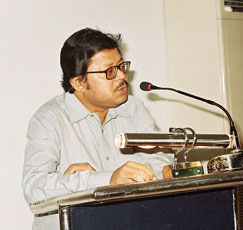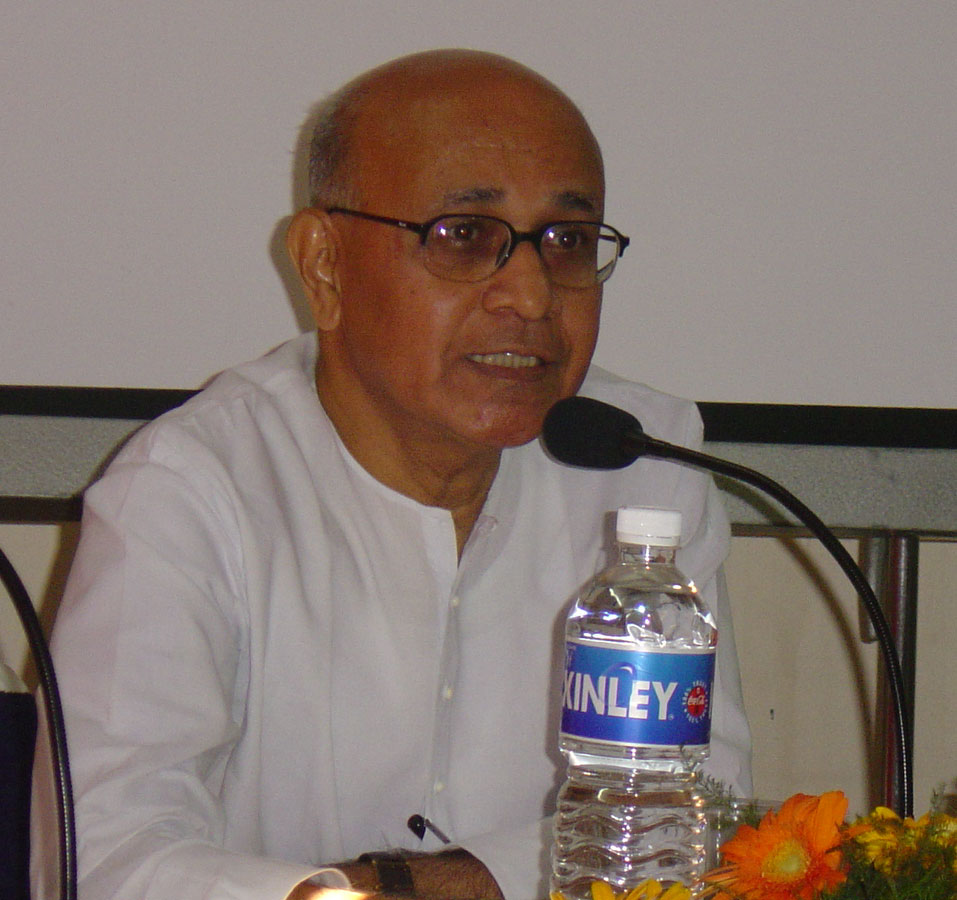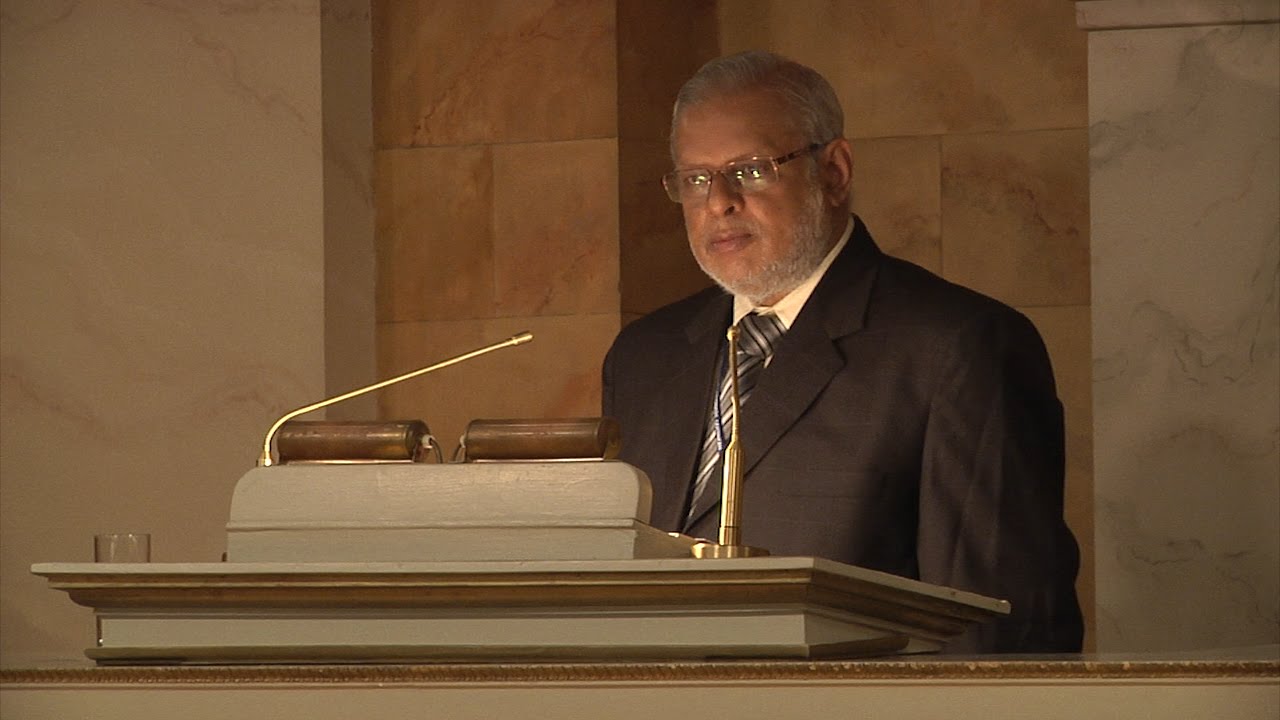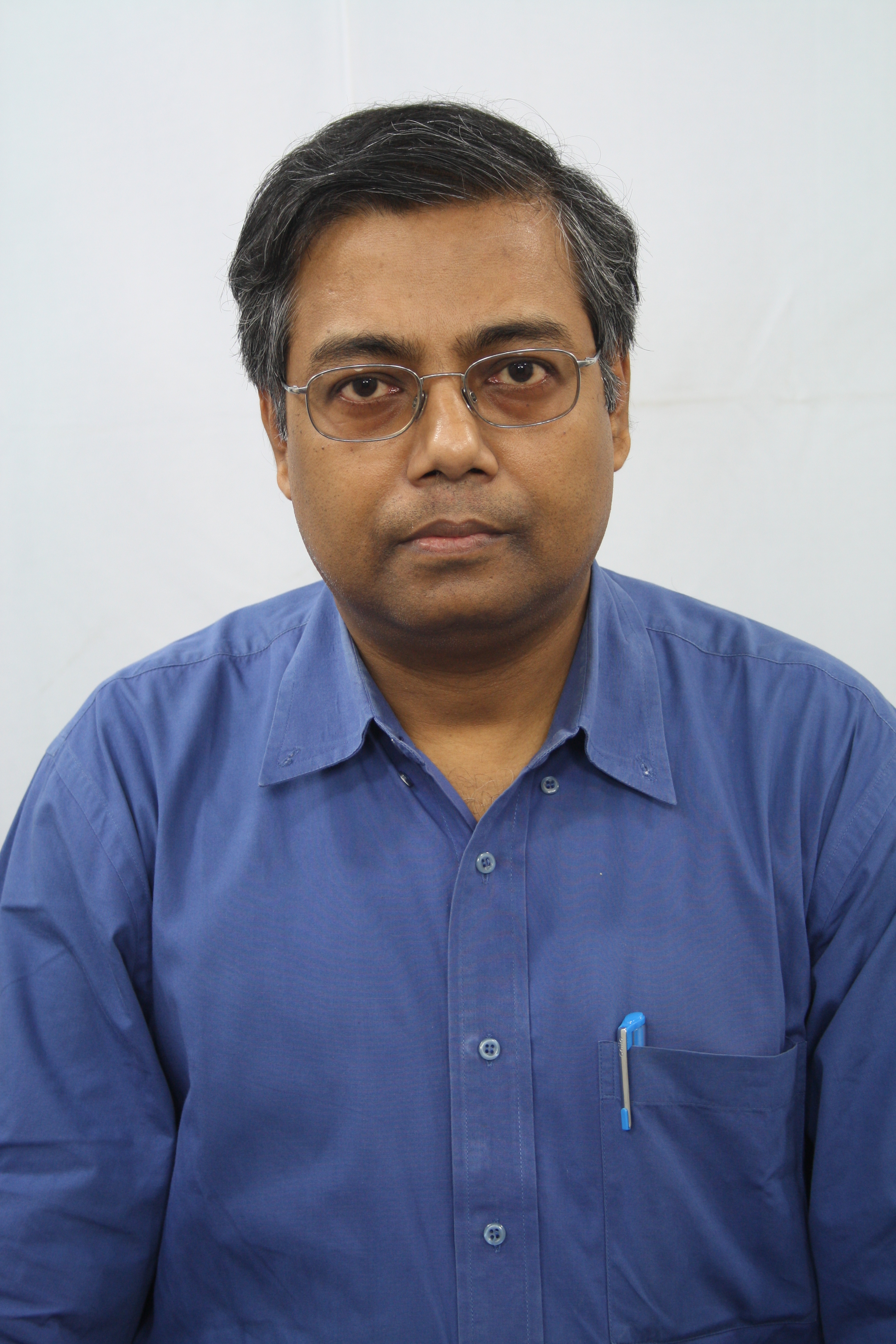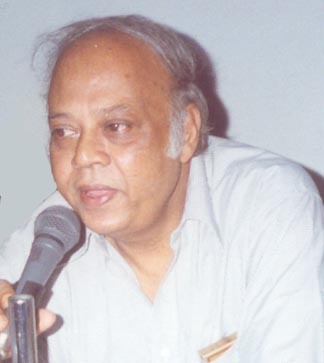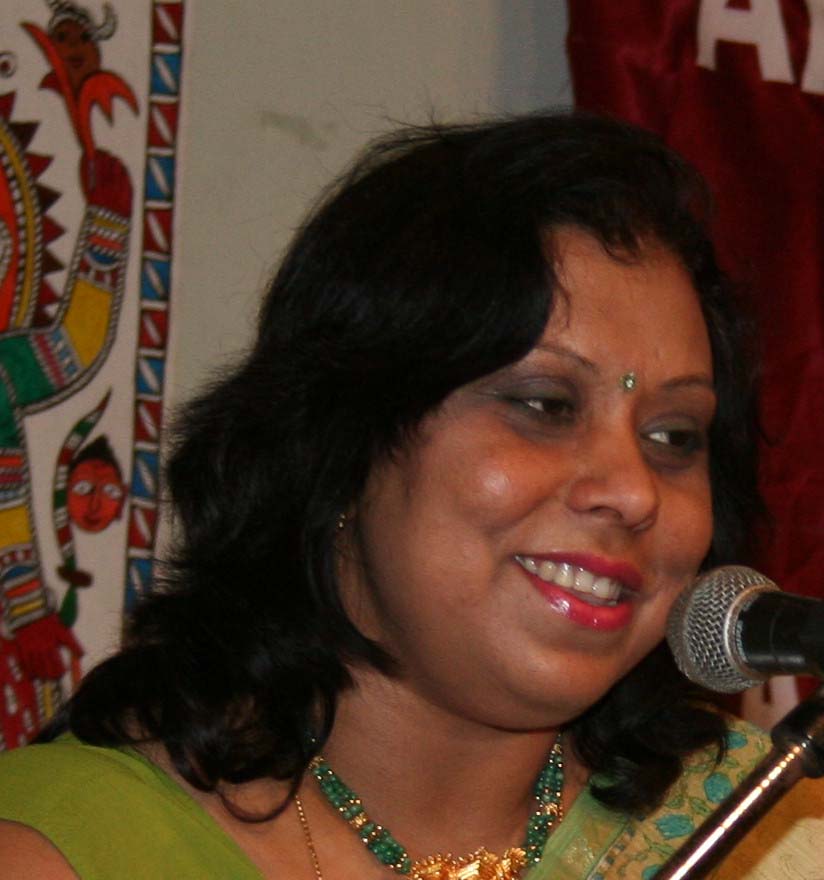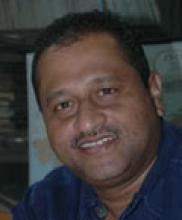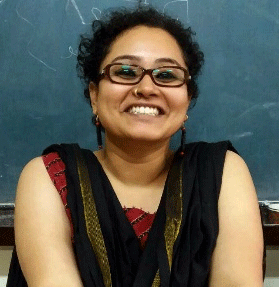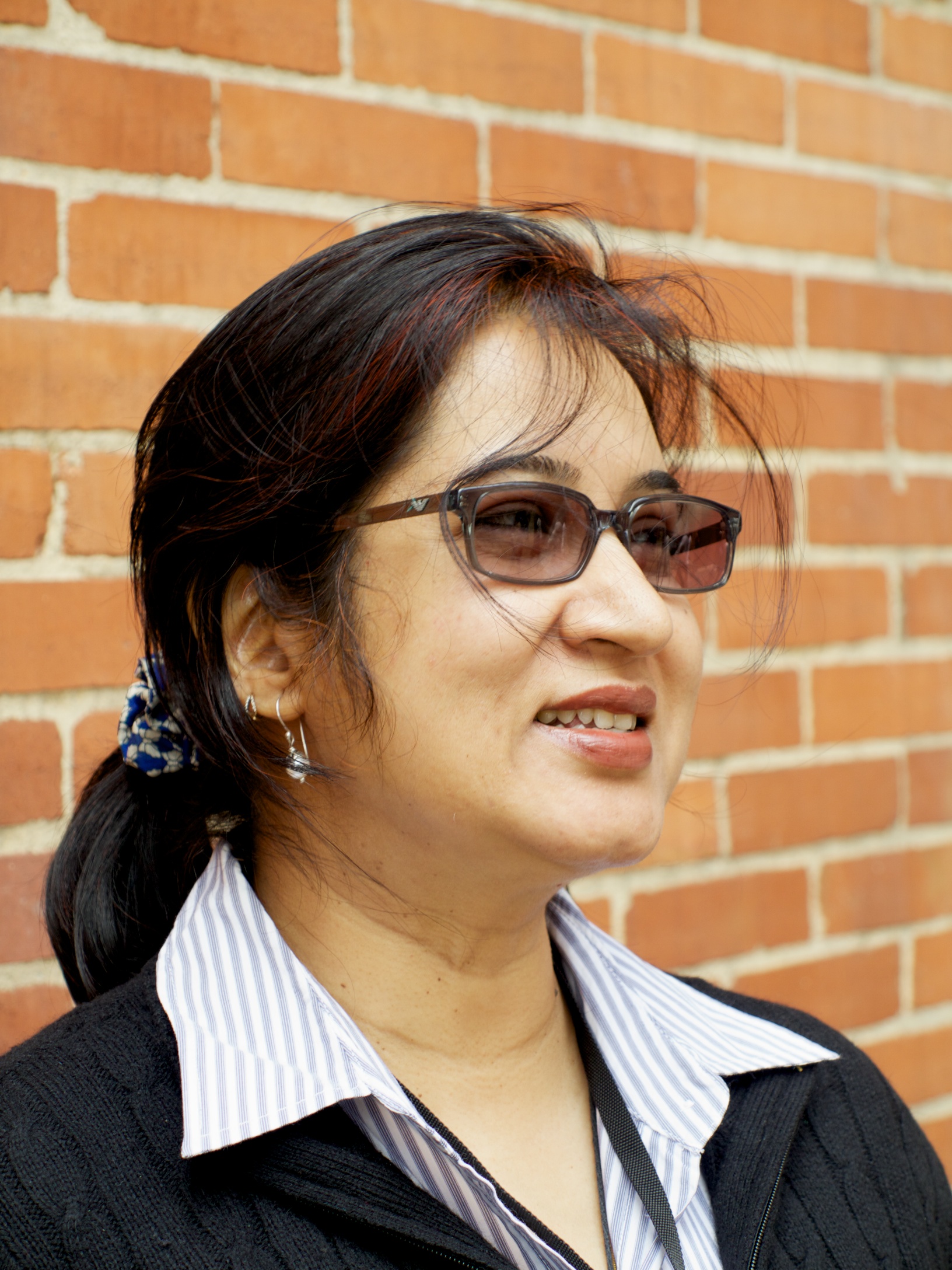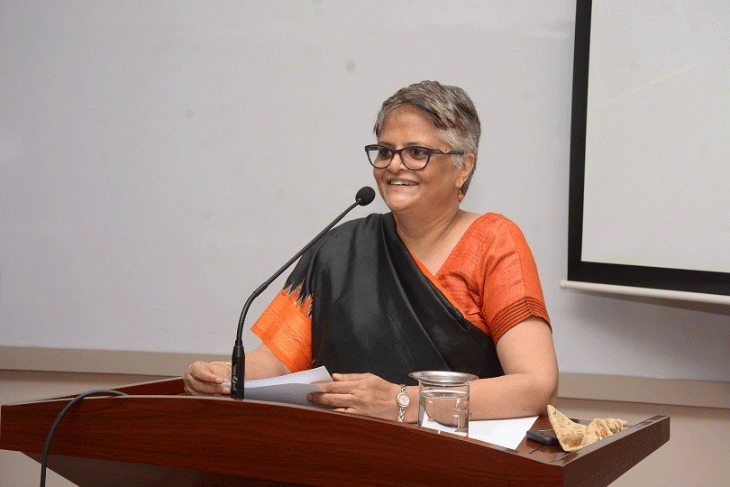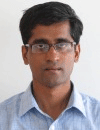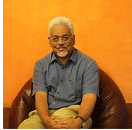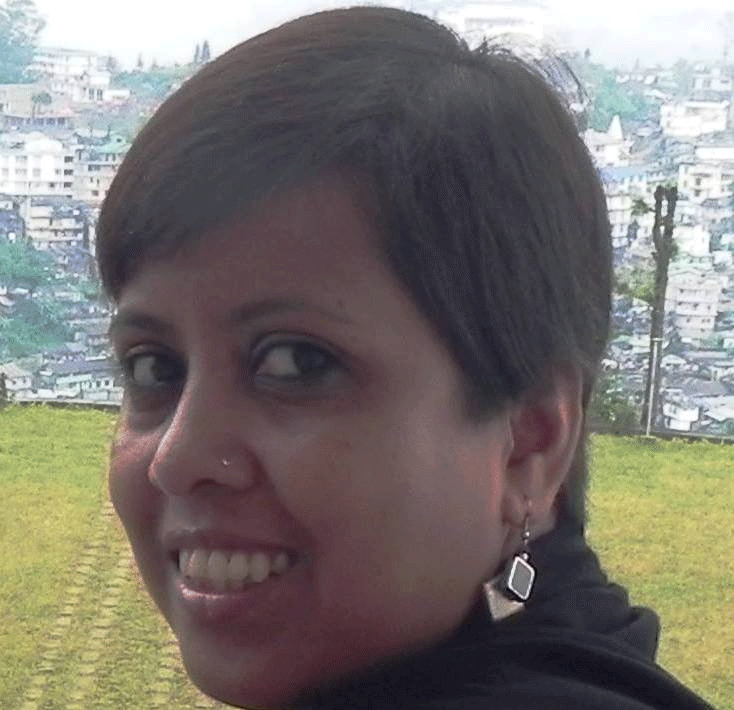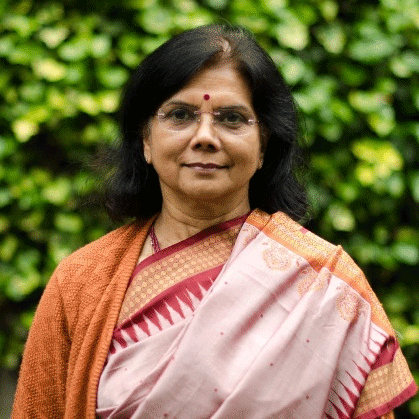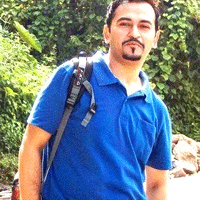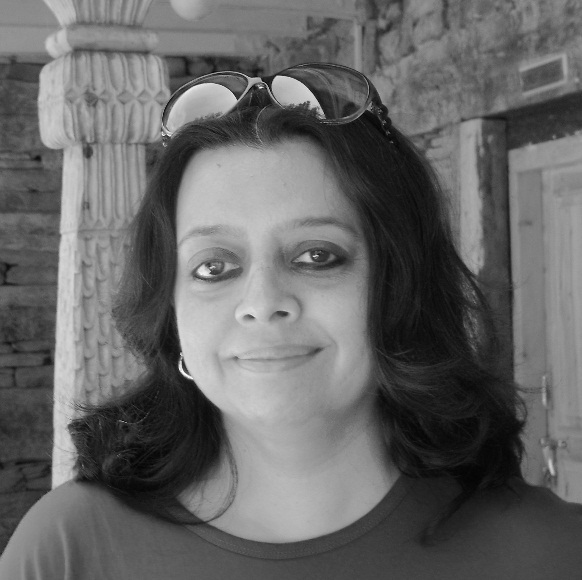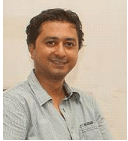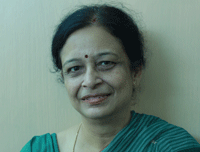POPULISM AND POPULIST POLITICS IN SOUTH ASIA WITH SPECIAL REFERENCE TO INDIA
(Kolkata, 1 January – 31 December 2019)
Researchers & Experts
Researchers
| Research Topic: | Populism as a Crisis of the Liberal Script : Reflections on Politics and Policy in India |
Long Abstract |
|
|
Full Paper |
|||
| 1. |
|
Amit Prakash is Professor at the Centre for Study of Law and Governance, Jawaharlal Nehru University, New Delhi. He has been Associate Professor at the Centre for the Study of Law and Governance, Jawaharlal Nehru University, New Delhi; and, Assistant Research Professor at the Centre for Policy Research, New Delhi. Amit Prakash holds a PhD from the School of Oriental and African Studies, University of London. His areas of research include politics of development and identity; critical governance studies (including governance indicators); conflict, governance and the state; democratic political process in India; policing in India; and, global governance. His publications include, Jharkhand: Politics of Development and Identity (New Delhi: Orient Longman, 2001); Local Governance in India: Decentralisation and Beyond, co-edited with Niraja Gopal Jamal & Pradeep Sharma, (New Delhi: Oxford University Press, 2006) and Governance in India: Empirical Evidence from Twenty States (New Delhi: Routledge, forthcoming). | |
| Research Topic: | Political Parties and Populist Policies in Contemporary India: Some reflections on AAP |
Long Abstract |
|
|
Full Paper |
|||
| 2. |
|
Sumona DasGupta is a political scientist, researcher and independent consultant and is also a Senior Visiting Fellow with Participatory Research in Asia (PRIA). She is a Member of Calcutta Research Group, Kolkata, and the Chair of International Advisory Group at International Conflict Research Institute, University of Ulster in Northern Ireland. She has written extensively on conflict transformation, critical security studies, governance and politics in South Asia, particularly on Jammu and Kashmir and gender issues as a crosscutting theme. Dr. DasGupta was a Visiting Fellow at the Rajaratnam School of International Studies and Nanyang Technological University, Singapore in 2014 and Lead Researcher for Participatory Research in Asia on the European Union Research Project on Cultures of Governance and Conflict Resolution in Europe and India. Previously, she served as Assistant Director at Women in Security, Conflict Management and Peace (WISCOMP). | |
| Research Topic: | Political Parties and Populist Policies in Contemporary India: Some reflections on AAP |
Long Abstract |
|
|
Full Paper |
|||
| 3. |
|
Manish K. Jha, the Vice-President of the Calcutta Research Group, is Professor and Dean of School of Social Work at Tata Institute of Social Sciences, Mumbai. He teaches courses on Community Organisation and Development Practice, Social Action and Movement and Social Policy, Planning and Programmes. His research interests include issues of development and governance, urban poverty and migration, social justice, social exclusion and human rights. He has authored the book Human Rights: Agencies and Agenda (2003) and co-edited the book Traversing Bihar: Politics of Development and Social Justice (2014). He has authored several papers on Food Security, Social Action, Marginality and Justice, Disaster and Development, Politics of Social Justice, etc. He has been recipient of Commonwealth Academic Fellowship (2009) at the School of Oriental and African Studies, UK; Erasmus Mundus Academic Fellowship (2011) at University College Dublin, Ireland; UKIERI visiting Fellowship (2013) at Durham University, UK and Palme Professorship (2013) at Gothenburg University, Sweden. He is a member of several research organisations and has been actively engaged with development practice, policy advocacy, and relief and rehabilitation work in post disaster situation. | |
| Research Topic: | Mamata Banerjee’s Populist Politics |
Long Abstract |
|
|
Full Paper |
|||
| 4. |
|
Sibaji Pratim Basu, a well-known political scientist and political commentator from West Bengal, teaches Political Science at Vidyasagar University, Midnapore. Graduated from Presidency College (1981) and post-graduated from University of Calcutta (1983), he obtained his Ph.D. also from Calcutta University, working on the thesis: “The Concepts of Nationalism and Internationalism: Tagore and Gandhi”. With a teaching and research career spanning more than three decades, he has taught, written books and articles, conducted and guided research in the areas like Modern Indian Political Thought & Politics; Socialist Thought; Forced Migration in South Asia; Popular Movements and People’s ‘Sustainable Rights’ in India. Some of his publications include: The Poet and Mahatma: Engagement with Nationalism and Internationalism; an edited volume called The Fleeing People of South Asia: Selections from Refugee Watch; a co-edited volume called Politics in Hunger Regime: Essays on the Right to Food in West Bengal and also an edited book, Forced Migration and Media-Mirrors. He has also contributed articles to edited volumes published by Macmillan Publishers, Oxford University Press, Sage Publishers, Routledge/Social Science Press etc. He is a member of the editorial board of Vidyasagar Rachanasamagra (The Complete Writings of Paandit Iswar Chandra Vidyasagar) published by Vidyasagar University. He is a board member, and presently the Secretary of Mahanirban Calcutta Research Group and also holds membership of Institute for Development Studies Kolkata (IDSK – as a nominated member); West Bengal State Book Board (Member, Political Science); besides being the life member of West Bengal Political Science Association. | |
| Research Topic: | Populist Initiatives in a Competitive Democracy Chhattisgarh: A Case Study |
Long Abstract |
|
|
Full Paper |
|||
| 5. |
|
Rajat Roy is the project coordinator of the ongoing research project Populism and Populist Politics in South Asia with special reference to India (2019) of Calcutta Research Group (CRG). Earlier, he was also involved in another research project ‘Ecosystems of Life: A Bangladesh India Initiative’ (1914), that was taken up by CRG and supported by IUCN. He has co-edited a book titled ‘Political Ecology of Survival’ (Orient Black Swan) with Madhurilata Basu and Ranabir Samaddar. Besides working as a professional journalist, first as fulltime, and now as freelancer, he has also been regularly delving into research work under the aegis of CRG. Other than writing numerous articles for various newspapers and magazines on current affairs, he has contributed to Economic & Political Weekly, SEMINAR and other journals. He is also a reviewer of manuscripts for Orient Black Swan. | |
| Research Topic: | Kanyashree Scheme: Populism & Governmental Feminism |
Long Abstract |
|
|
Full Paper |
|||
| 6. |
|
Ria De is a Research Associate at the Mahanirban Calcutta Research Group. She has submitted her PhD thesis at the Department of Film Studies, English and Foreign Languages University, Hyderabad. In her doctoral thesis, she worked on contemporary film stardom and intermediality in popular Hindi cinema. In addition to film, her areas of interest include populism, popular cultures, caste and gender studies, feminism etc. She also writes film reviews for popular news domains. |
Presenters
| 1. |
|
Gopa Sabharwal founded the undergraduate Department of Sociology at the Lady Shri Ram College for Women (1993). Her research interests focus on ethnic identities, urban India, visual anthropology, and the history of society. Gopa served as founding Vice Chancellor, Nalanda University entrusted with giving shape to a unique international, research focused post-graduate University with a focus on inter-Asian relations (2010-2016). Her books include Ethnicity and Class: Social Divisions in an Indian City (New Delhi, Oxford University Press 2006); The Indian Millennium- A.D.1000 to A.D.2000,(Penguin India, 2000) and India Since 1947: The Independent Years (Penguin Random House India, 2017). | Abstract |
| 2. |
|
Sounita Mukherjee was an M.Phil research scholar at the Centre for Studies in Social Sciences, Calcutta(CSSSC) where she submitted her thesis titled, “The City as a Political Exhibitionary Space: Kolkata, 2011-2018” in the year 2018 and this paper is a part of her recent MPhil work. Thereafter she taught as a Guest Faculty in the department of Political Science at Scottish Church College, affiliated to the University of Calcutta and has been actively working as a research assistant in various projects funded respectively by the University of California, Santa Barbara, USA, by the UNESCO and Ministry of Culture, Government of India, and on a project on pre-primary education in West Bengal, funded by the ICSSR, New Delhi. She did both her BA(Hons.) and MA in Political Science from Presidency University Kolkata. She has two publications in an international refereed journal and the third one is forthcoming. Her research interest mainly addresses the areas of Urban Governance and Visual Politics, the relations of Culture and Politics, and also Gender studies. | Abstract |
| 3. |
|
Muhammed Puthusseri is an assistant professor at the Department of Humanities and Social Sciences, BITS Pilani, Pilani. His doctoral dissertation titled “Cinema, politics and historical consciousness: the Left and the production of a modern subjectivity in Kerala, 1950s-1980s” examined the constitutive role that the Left has played in the emergence of a modern subjectivity in Kerala through its engagement with culture. He can be contacted at muhammedafzalp@gmail.com. | Abstract |
| 4. |
|
Muhsina K K is an MPhil candidate at the Centre for comparative Literature in University of Hyderabad. Her MPhil dissertation is titled as 'Hidden Transcripts and Rituals of Resistance : Domestic Labourers in Select Malayalam Films'. Her research interests include Cultural anthropology, Minority Literature, Occupation fiction, Film Studies and so on. | Abstract |
| 5. |
|
Harender Singh, a fresh graduate from TISS Hyderabad in MA Rural Development & Governance is currently working at Foundation For Ecological Security, Rajasthan as Assistant Project Manager. He completed his bachelors in Geography from Kirori Mal College, Delhi University. His current work is on Common Land Development by MGNREGS and community involvement. He wrote his thesis on Dalits and Agricultural Land Rights in Punjab. He has also worked on Natural Farming in Malwa region of Punjab. Since the Anna movement, he has been involved in its various organisations. He has also worked on the Forest Rights’ Act and PESA in Jharkhand. | Abstract |
| 6. |
|
Indrani Talukdar is a PhD Research Student at the Centre for the Study of Social Movements, Jawaharlal Nehru University, New Delhi. She is working on the Peasantry and Nationalist Consciousness in Assam. | Abstract |
| 7. |
|
Rashad Ullah Khan is a student at Tata Institute of Social Sciences, Hyderabad. His objective is to understand the various aspects of economic equalities that hinder the economic and political growth of any nation. | Abstract |
| 8. |
|
Kapil Tamang is currently pursuing PhD from Department of Sociology of the University of Hyderabad. The tentative title of his thesis is “Sociological Study of the Industrial Relations in Tea Industry in North Bengal. | Abstract |
| 9. |
|
Shefali Jha teaches at the Centre for Comparative Literature at the University of Hyderabad. She has a PhD in Anthropology from the University of Chicago, and her academic interests include political anthropology, urban studies and popular culture in addition to feminist theory and practice. | Abstract |
| 10. |
|
Lipin Ram is a PhD candidate in Anthropology and Sociology at The Graduate Institute, Geneva. He completed his second Master’s in Political Science from Central European University in Budapest (2012) with a distinction, successfully defending the thesis titled Talking about political violence’: Mapping the contested discursive space of North Kerala. His first Master’s (also in Political Science) was secured at the University of Hyderabad (2010-12) where he was awarded the 1st rank. His current research is located at the intersections of political theory and anthropology. His PhD dissertation looks at the anthropological meanings of democratic politics in north Kerala and their implications for a theory of democracy. He has been a Junior Research Fellow at the Institute for Human Sciences in Vienna. In addition to the question of democratic politics, his broad research interests include violence, affect, and social and political theory. | Abstract |
| 11. |
|
Maidul Islam is Assistant Professor of Political Science at the Centre for Studies in Social Sciences, Calcutta. After completing his doctorate from Oxford University in 2012, he has taught Political Science at the Tata Institute of Social Sciences and Presidency University, Kolkata. He was also a Fellow at the Indian Institute of Advanced Study, Shimla. As a Clarendon-Hector Pilling-Senior Hulme scholar at Brasenose College, he studied political theory for his doctoral studies in the Department of Politics and International Relations, University of Oxford. His research interests are in political theory, political ideologies, populism, identity politics, Indian Muslims, Cinema, contemporary West Bengal and Bangladesh. As a political analyst, he also appears for Bengali news channels and occasionally gives expert opinions on Indian politics, West Bengal politics and terrorism to various national and international media houses. His doctoral thesis at Oxford University has been published as Limits of Islamism: Jamaat-e-Islami in Contemporary India and Bangladesh (Cambridge University Press, 2015). His second book, Indian Muslim(s) after Liberalization has been recently published by the Oxford University Press. | Abstract |
| 12. |
|
Atig Ghosh, Assistant Professor, Visva Bharati University and Member of CRG and former Research and Programme Associate, CRG (Mahanirban Calcutta Research Group). He also taught history on a part-time basis at the West Bengal State University (Barasat). Having studied history at the then Presidency College, Calcutta, and Jawaharlal Nehru University, New Delhi, he received his doctoral degree from El Colegio de México, Mexico City. His doctoral research was lodged around conjoint concerns of political economy and cultural anthropology in the context of small-town (mofussil) Bengal in the nineteenth-century. Presently, he is researching statelessness and its socio-ontological textures and tangles in the intractable fastnesses of the Indo-Bangladeshi enclaves. | Abstract |
| 13. |
|
Nirmal Kumar Mahato is an Assistant Professor at the University of Gour Banga., and a member of the Calcutta Research Group. His research areas include migration, ecology and environmental history, identity politics, gender and adivasi studies, populism etc. | Abstract |
Chair & Discussants
| 1. |
|
Sabyasachi Basu Ray Chaudhury is Professor, Department of Political Science and Director, Centre for Nepal Studies at the Rabindra Bharati University, Kolkata. His areas of interest include South Asian studies, in particular, politics of globalisation, democracy, development, displacement, human rights and justice in South Asia. He is among the few experts on the Andaman and Nicobar Islands that India has. He is a regular contributor to academic journals, periodicals, dailies, news channels and portals. His recent publications include: Indian Autonomies: Key Words and Key Texts, (co-edited with Ranabir Samaddar and Samir Kumar Das), Sampark, Kolkata, 2005, and Internal Displacement in South Asia: The Relevance of UN’s Guiding Principles, (co-edited with Paula Banerjee and Samir Kumar Das), Sage Publications, New Delhi, 2005. |
| 2 |
|
Prasanta RAY, the president of the Calcutta Research Group (CRG), is currently an Emeritus Professor of Sociology and Political Science, Presidency College, Kolkata; Honorary Visiting Professor, Institute of Development Studies, Kolkata; Guest, Professor, Department of Sociology, Calcutta University; and Member, CRG
|
| 3 |
|
Ranabir Samaddar belongs to the critical school of thinking and is considered as one of the foremost theorists in the field of forced migration studies. He has worked extensively on issues of forced migration, the theory and practices of dialogue, nationalism and post-colonial statehood in South Asia and new regimes of technological restructuring and labour control. The much-acclaimed ‘The Politics of Dialogue: Living Under the Geopolitical Histories of War and Peace’ was a culmination of his long work on justice, rights and peace. His recent political writings published in the form of a two-volume account, The Materiality of Politics (2007), and The Emergence of the Political Subject (2009) have challenged some of the prevailing accounts of the birth of nationalism and the nation-stat, and have signalled a new turn in critical postcolonial thinking. His co-authored work on new town and new forms of accumulation ‘Beyond Kolkata: Rajarhat and the Dystopia of Urban Imagination’ (Routledge 2013) takes forward urban studies in the context of post-colonial capitalism. He is currently the Distinguished Chair in Migration and Forced Migration Studies, Calcutta Research Group. |
| 4 |
|
Samir Kumar DAS currently honorary director of CRG and Professor of Political Science at the University of Calcutta, Kolkata. Previously the Vice-Chancellor of the University of North Bengal, and a Post Doctoral Fellow (2005) of the Social Science Research Council (South Asia Program) based in New York, he is the Coordinator of the University Grants Commission Departmental Research Support (UGC-DRS) Programme (Phase II & Phase III)) on ‗Democratic Governance: Comparative Perspectives‘. He served as an Adjunct Professor of Government at the Edmund A. Walsh School of Foreign Service, Georgetown University (2014), a Visiting Professor of the North East India Studies Programme at Jawaharlal Nehru University (JNU), New Delhi in 2015 and at the Universite 13 Sorbonne Paris Cite in 2016 among many of his assignments. He specializes in and writes on issues of ethnicity, identity, security, migration, rights and justice and has contributed over 190 research papers to highly esteemed national and international journals and edited volumes. Besides, he has been a regular reviewer of some of the top journals, publishing houses and research bodies including Minority Rights International (London), EU-India Social Science and Humanities Platform (Ljubljana)) and European Research Council (Brussels) etc. Some of his recent publications include Migrations, Identities and Democratic Practices in India (2018), India: Democracy and Violence (OUP, 2015, edited), Governing India’s Northeast: Essays on Insurgency, Development and the Culture of Peace (Springer 2013), ICSSR Surveys and Explorations: Political Science: Volume I: Indian State (OUP 2013 edited), Conflict and Peace in India’s Northeast: The Role of Civil Society (East West Center, 2006), Blisters on Their Feet: Tales of Internally Displaced Persons in India’s North East (Sage 2008 edited), Terror, Terrorism, Histories and Societies: A Historical and Philosophical Perspective (Women Unlimited 2010 coedited) among others. |
| 5 |
|
Subhas Ranjan Chakraborty , an invitee board member of CRG, is one of the well-known teachers of History, who has inspired generations of students of the city in the musings of Cleo. He specialises in European History, and combines with this knowledge of European history his deep understanding of the society and politics of Darjeeling, which has brought a distinct edge to CRG researches on conditions of autonomy in India. He has authored several essays on the history Darjeeling, and was one of the organisers of the first Critical Asian Studies Workshop in West Bengal in 1998. |
| 6 |
|
Paula Banerjee, best known for her work on women in borderlands and women and forced migration, is the President of International Association For Studies in Forced Migration. She is currently Vice-Chancellor of Sanskrit College and University. She is also the Director of the avant guard South Asian think tank called Calcutta Research Group. Winner of many awards and accolades, in 2013 she was awarded the Distinguished Fulbright SIR Award and a Visiting Professorship to SUNY, Oswego. Her recent publications include Statelessness in South Asia (2016), Unstable Populations, Anxious States (edited 2013), Women in Indian Borderlands (edited, 2012) and Borders, Histories, Existences: Gender and Beyond (2010) which has been acclaimed as a best seller. She is the editor of Refugee Watch and the editorial board member of a number of international journals such as Oxford Journal of Refugees. She has written and edited over 15 books and monographs and has published widely in international journals such as Journal of Borderland Studies, Canadian Journal of Women’s Studies, Forced Migration Review and Journal of International Studies. Acknowledged as a radical and prolific speaker she has delivered lectures in all five continents. She has been a visiting professor in a number of universities including Helsinki University (Finland), Yunnan University (China) University of Paris 7 (France) and New School, New York (USA) and others. |
| 7 |
|
Kharat Rajesh joined South Asian Studies Division as Associate Professor in November 2008. He received his M. Phil and Ph. D. from South Asian Studies, SIS, JNU. Earlier he worked as Lecturer and Reader at Department of Civics and Politics, University of Mumbai since July 1991. His areas of interest include study of Himalayan states of South Asia (Bhutan and Nepal), and other contemporary issues like forced migration, terrorism and regional cooperation |
| 8 |
|
Samata Biswas is currently an assistant professor at Sanskrit College & University, and a board member of CRG. She has been involved in a research project titled "Haldia: the Makings of a Logistical Space", in collaboration with Calcutta Research Group and Western Sidney University. She completed UGC Minor Research Project titled "Reading the Fit (?) Body: Body Cultures in Contemporary Bengal", August 2013. |
| 9 |
|
Iman Mitra is presently a Research and Programme Associate at Mahanirban Calcutta Research Group. He has registered with Jadavpur University as an ICSSR Doctoral Fellow for his PhD in 2009 and submitted his thesis for examination in 2013. His PhD dissertation explores the history of dissemination of economic knowledge in colonial Bengal through various pedagogical and institutional networks. His research interests include modes of popularization of the discipline of economics in colonial and post-colonial India and the appropriation of and negotiations with disciplinary knowledge at the level of practical application. At MCRG, He is involved in a project on the interconnectedness between rural to urban migration, urbanization, and social justice in post-liberalization India. He has also contributed in many Bengali and English dailies on issues of political and social import. |
| 10 |
|
Byasdeb Dasgupta, is a associate professor, Department of Economics, Kalyani University Nadia, West Bengal. Ph. D in Economics from the Centre for Economic Studies and Planning of Jawaharlal Nehru University, New Delhi under the supervision of Professor Sunanda Sen. Degree was awarded in 1996 and the thesis was on International Debt Crisis and Debt Management Policies in the Eighties - The Problem of Net Transfer of Financial Resources. M. Phil in Economics from the Centre for Economic Studies and Planning of Jawaharlal Nehru University, New Delhi. Degree was awarded in 1992. |
| 11 |
|
Nasreen Chowdhory is currently an Assistant Professor, at Department of Political Science, University of Delhi. She has done PhD in political Science from McGill University, and Masters and MPhil from Jawaharlal Nehru University, New Delhi. She has published several research papers in national and international peer-reviewed journals such as Refugee Watch A South Asia Journal on Forced Migration, Journal for the Centre of South Asian Strategic Studies among others. Presently she is guest editor of a special issue on “Displacement – a ‘state of exception’ and beyond: Issues and Perspectives in Forced Migration in South Asia” under review with the International Journal of Migration and Border Studies. She was awarded Commonwealth Scholarship and Fellowship during 1999-2003 and also a recipient of JRD Tata Award in 1998-99. She is also a member of International Studies Association, Mahanirban Calcutta Research Group, Kolkata, International Studies Association, Canadian Association of Forced Migration Studies, American Political Science Association and an Executive Board Member of International Association for the Study of Forced Migration. In the past, she worked as Assistant Professor in the Asian University for Women and Concordia University and McMaster University. |
| 12 |
|
Kalpana Kannabiran , the Vice-President of the CRG, is Chairperson of the Chityala Ailamma Centre for Interdisciplinary Research, set up by Asmita Resource Centre for Women. She was Professor of Sociology at NALSAR University of Law, Hyderabad. She was the Chair of RC32 (Women in Society) of the International Sociological Association from 2002-2006 and General Secretary of the Indian Association for Women’s Studies in 1998-2000. She was a member of the Expert Group on the Equal Opportunity Commission, Ministry of Minority Affairs, Government of India, 2007-2008, and is currently member of the Expert Group on Legal Education Reform in Kerala, Government of Kerala. Apart from a doctorate in Sociology from Jawaharlal Nehru University, New Delhi she received the Rockefeller Humanist in Residence Fellowship at Hunter College, CUNY 1992-1993 and VKRV Rao Award for Social Science Research in the field Social Aspects of Law in 2003 from the Indian Council for Social Science Research. Her areas of specialisation are sociology of law, jurisprudence and gender studies. Most recently, she has co-edited, Challenging the Rule(s) of Law: Essays on Colonialism, Criminology and Human Rights (2008), Sage Publications, New Delhi. |
| 13 |
|
Sudeep Basu was the CR Parekh Fellow 2012-13 at the LSE Asia Research Centre. He is currently Assistant Professor at the Centre for Studies in Social Management, School of Social Sciences, Central University of Gujarat, Gandhinagar, India. At LSE, Dr Basu's research project titled Migration, Diasporas and Social Transformation in India, examines the actual influence of the Indian diaspora on the homeland economy and culture. Dr Basu has conducted research in the areas of forced migration and the anthropology of displacement. His doctoral dissertation on exploring aspects of social change among the Tibetan refugee community in India was obtained from Jadavpur University, Kolkata. Dr Basu received his Masters and MPhil degrees in Sociology from the Delhi School of Economics. He has been a guest faculty for the Annual Winter course in Forced Migration organised by the Mahanirban Calcutta Research Group, Kolkata. |
| 14 |
|
Bharat Bhushan is an Editor of Catch News, New Delhi. Bharat has been a hack for 25 years. He has been the founding Editor of Mail Today, Executive Editor of the Hindustan Times, Editor of The Telegraph in Delhi, Editor of the Express News Service, Washington Correspondent of the Indian Express and an Assistant Editor with The Times of India. |
| 15 |
|
Anjuman Ara Begum, LLM, PhD, is a freelance journalist, blogger and human rights activist from North East India. Her main work area is research, documentation and intervention in issues of human rights and gender-based violence in armed conflict situations in North East India. Anjuman is part of the right to information and movement in India and works for popularising this as a tool for accountability. She volunteers with several networks and is a member of Mahanirban Calcutta Research Group and Women in Governance Network, India (WinG) amongst others. She is currently based in Kathmandu, Nepal, and works for FORUM-ASIA as South Asia Programme Officer. Her primary work is to support advocacy initiatives towards the establishment of a South Asia Human Rights Mechanism. |
| 16 |
|
Anjoo Sharan has a Ph.D. from Banaras Hindu University (1981), she did an Advance International Diploma in Conflict Resolution in Uppsala University, Sweden (1990), and she has held post-doctoral positions in London School of Economics and Political Science (LSE), UK (1986-1990), at the Woodrow Wilson Centre for International Scholars, Washington DC, USA (1992) and in Brown University, Providence, United States (1997). She is currently engaged in a number of on-going funded research projects. She works with the German Foundation for Peace Research, (DSF, Deutsche Stiftung Friedens forschung), on “Peaceful Coexistence? ‘Traditional’ and ‘Non-traditional’ Conflict Resolution Mechanisms”, with the Norwegian Ministry of Foreign Affairs, Norway on “Peace building, Diversity and Human Security”, and also with the Research Council of Norway on “Making Women Count for Peace”. |
| 17 |
|
Anup Shekhar Chakraborty was the CR Parekh Fellow 2011-12 at the LSE Asia Research Centre. Dr Chakraborty is Assistant Professor in the Department of Political Science, St Joseph’s College, University of North Bengal. His doctoral work was on identity politics in the North East Indian state of Mizoram from the University of Calcutta. He was awarded the ‘India Social Science Research Award 2009’ by Canada’s International Development Research Centre (IDRC), Digital Empowerment Foundation (DEF) and India Development Foundation for his research work on ‘Politics of Social ‘Exclusions’ and ‘Inclusions’ in Mizoram’. For his post doctoral studies he is researching on identity politics and smaller states movements in and around north Bengal in the Indian state of West Bengal. |
| 18 |
|
Mouleshri Vyas is currently a professor at TISS and has a Bachelor of Arts degree in Economics from Mumbai University, Master of Arts in Social Work (with Specialisation in Urban and Rural Community Development) from TISS, Mumbai, and PhD in Sociology from Mumbai University. Has nearly three decades of teaching, research, field action and training expertise in the areas of urban and rural community development, community organisation, informal labour, post-disaster interventions, social impact assessments and monitoring and evaluation of development projects, social accountability and social audit of government programmes, and capacity building for corporate social responsibility initiatives. Has worked closely with grassroots organisations, government departments, corporates and trade unions. Associated with the International Center for Development and Decent Work (ICDD), a global consortium of universities. Has visited and engaged with universities in various countries as part of teaching and research collaborations. Member, Mahanirban Calcutta Research Group Member, Board of Studies, Faculty of Social Work, MS University, Baroda |
| 19 |
|
Sanjay Barbora is currently working as an Associate Professor at TISS’ Guwahati campus. Research interests include agrarian change, resource conflicts, media studies and human rights. Having worked as a human rights activist on issues pertaining to militarization of Northeast India, I managed an advocacy and research based media initiative on peace building in South Asia from 2005 to 2011. Other than my stated academic interests, I continue to be energized by my involvement in community media and radio journalism, as well as the democratization of public spheres. Email: xonzoi.barbora@gmail.com |
| 20 |
|
Mahalaya Chatterjee is a professor at the Centre for urban Economic Studies, Department of Economic at the Calcutta University. Her research areas are Patterns and Process of Urbanisation and Demographic Changes in India, Structural Change and Spatial and Occupational Diversification, Changes in Urban Economy , Environmental Issues Related to Urbanisation , Informal Transportation , Locational Changes and Informal Economy |
| 21 |
|
Arup Kumar Sen is Associate Professor at the Department of Commerce, Serampore College, Serampore, Hooghly, West Bengal. He is a member of Calcutta Research Group, Kolkata. His area of specialisation is Finance and Management and research interests include Labour History and Political Economy. He has published various research papers on capital, labour, mode of labour control in colonial India, finance capitalism and politics of rural governance. He is the author of ‘Nandigram: A Tale of Developmental Violence’ (EPW 2008), ‘Finance Capitalism and the Spectre of Crisis’ (Mainstream 2008), ‘Politics of Governance in Rural West Bengal’ (The Calcutta Journal of Political Studies, April 2007-March 2009). |
